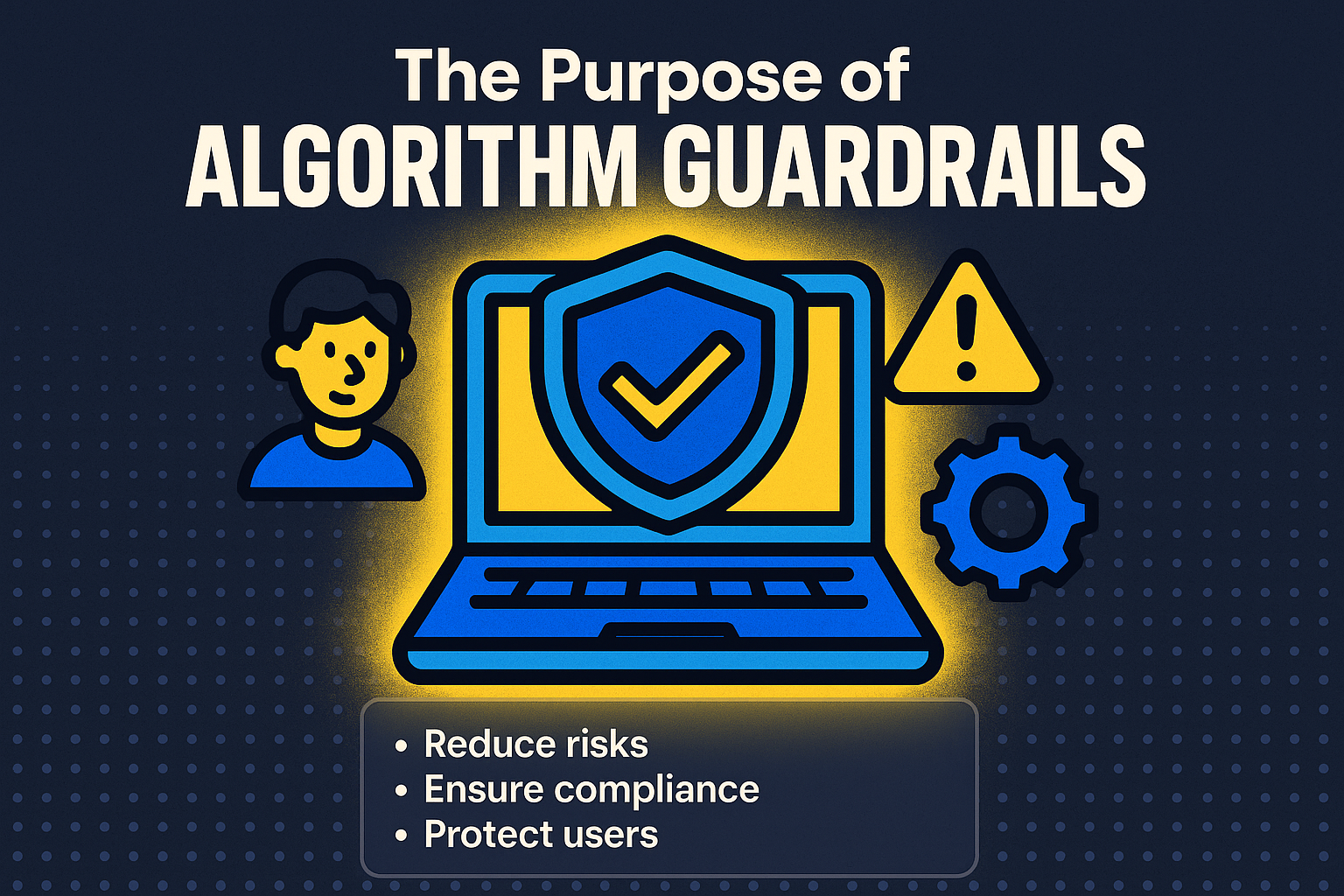Schedule a Demo
As a marketing manager, I've seen firsthand how crucial it is to integrate robust accounting solutions into our operations. The complexity of financial tracking and reporting in today's businesses demands specialized tools that not only streamline processes but also offer insights for strategic decision-making. When searching for the right accounting vendor, it's essential to consider how their solutions can complement and enhance your marketing efforts, providing a seamless flow of financial data that supports campaign analysis and budget management.
The first step in selecting an accounting vendor is to establish clear criteria based on your company's specific needs. From my experience, key factors include scalability, integration capabilities with existing systems, and the vendor's reputation for customer support. It's also important to evaluate the software's features against your marketing department's requirements, such as detailed expense tracking for campaigns, real-time financial reporting, and customizable dashboards that allow for quick insights into marketing spend and ROI.
Once the criteria are set, the next phase involves extensive research to shortlist potential vendors. I often start by exploring industry reports and reviews from trusted sources like Gartner or Forrester, which provide valuable insights into the leading accounting solutions. Additionally, leveraging professional networks and attending industry conferences can offer firsthand accounts of vendors' performance and reliability. This stage is about gathering as much data as possible to make an informed decision.
After narrowing down the list, it's time to request proposals and schedule demonstrations. In my role, I've found that these interactions are critical for assessing how well a vendor understands our unique challenges and how their solution addresses them. Pay close attention to the vendor's ability to tailor their offering to your needs, the clarity of their presentation, and the responsiveness of their team. A good vendor should be able to demonstrate not just the functionality of their software but also its potential impact on your marketing operations.
Due diligence is a step that cannot be overlooked. In my experience, checking references from other clients, especially those in similar industries, provides a realistic view of the vendor's performance. Ask about their experience with the vendor's support, any issues they've encountered, and how those were resolved. This process helps in understanding the long-term relationship you might have with the vendor and ensures that you're making a decision based on more than just the software's features.
Once you've selected your preferred vendor, the final stage involves negotiating the contract. From my perspective, it's important to ensure that the terms are favorable and that there's room for growth and flexibility. Discuss aspects like pricing, support levels, and any customization requirements. A well-negotiated contract sets the foundation for a successful partnership, allowing your marketing team to leverage the accounting solution to its fullest potential.
After implementation, the true value of your new accounting solution comes from how it's utilized. In my work, I've seen how integrating accounting data with marketing analytics can reveal powerful insights into campaign effectiveness and budget allocation. Use the new system to track marketing expenses in real-time, analyze the return on investment for different channels, and adjust strategies accordingly. This integration can transform your marketing department into a data-driven powerhouse.
The journey doesn't end with implementation. Continuous evaluation of the accounting solution's performance is crucial. I regularly assess how well the system is meeting our needs and whether there are opportunities for further optimization. This might involve additional training for the team, seeking updates from the vendor, or even considering a switch if the solution no longer aligns with our evolving requirements. Keeping the lines of communication open with the vendor ensures that your investment continues to deliver value.
Finally, it's important to balance the cost of the accounting solution with the value it brings to your marketing operations. In my experience, the cheapest option isn't always the best. Consider the total cost of ownership, including implementation, training, and ongoing support, against the potential benefits in terms of efficiency, insights, and strategic decision-making. A higher initial investment might be justified if it leads to significant long-term gains for your marketing efforts.
